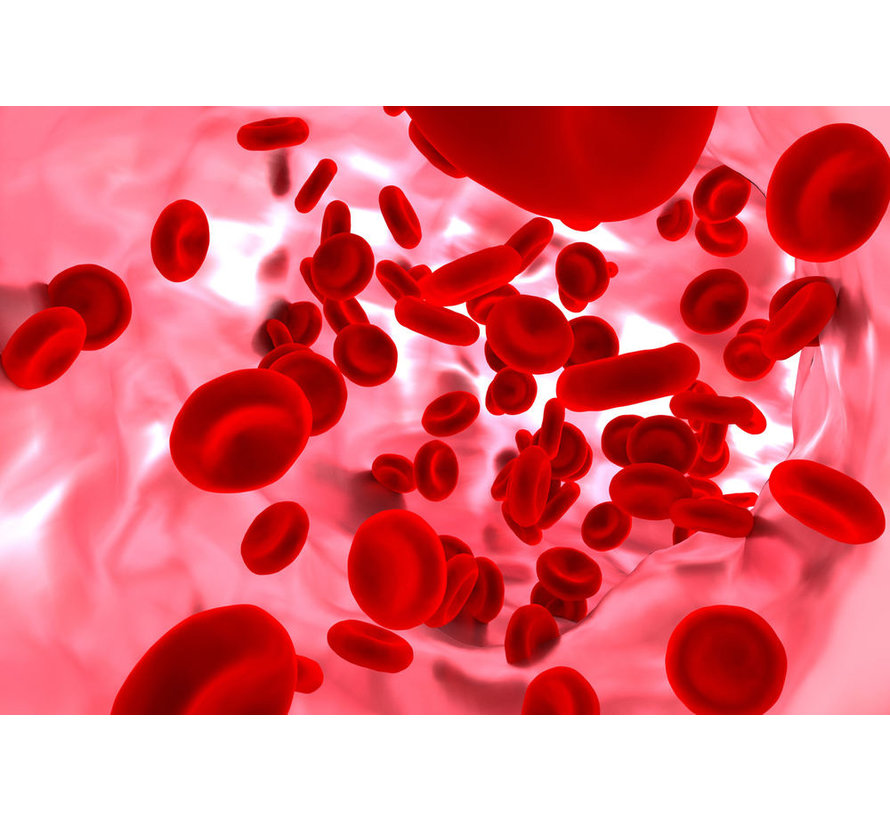Folic Acid Intracellular
Folate Intracellular (FOLSER EDTA blood) Folate in Erythrocytes (RBC-Folat)
When folate is requested as an erythrocyte, the hematocrit is automatically included to put the result in perspective of the erythrocyte count.
The diseases listed below lead to reduced folate levels. The erythrocyte folate is less dependent on dietary fluctuations. It is more sensitive than the serum determination.
When to do this test?
- In cases of anemia due to chronic illness or infection, bone marrow disorders including sickle cell disease or thalassemia, malnutrition, Malabsorption syndrome (celiac disease, thrush), after removal of portions of the intestine.
- For long-term medication with phenytin. Phenytoin calms overstimulated nerves in the brain and heart, is used in epilepsy and cardiac arrhythmias. Phenobarbital (antiepileptics) and daraprim: Pyrimethamine kills certain types of parasites and bacteria. Used in cases of infection by the toxoplasmosis parasite, pneumonia by the pneumocystis bacteria. Also as a precaution in people with impaired immune system. Prolonged intake of sulfonamide, Mulitpara.
- In systemic haematological disorders Increased production of red blood cells (chronic haemolysis), dialysis patients Psoriasis, exfoliative dermatitis.
- In case of proven vitamin C deficiency.
- Hyperhomocysteinemia is a rare, inherited metabolic disease. Metabolism refers to the conversion and processing of substances in our body. This is necessary for building up tissues, such as muscles, bones and organs, and for releasing energy. Metabolism takes place in all the cells of our body, where enzymes do their work. If there is something wrong with an enzyme, the metabolism is disturbed. A certain substance can no longer be converted and accumulates in the cell. If this leads to complaints, we call it a metabolic disease.
- Vitamin B12 deficiency
Reference values: 180-590 ng/ml or between 1186 - 2847 nmol/l
Folic acid is necessary for the creation and repair of cells and tissues. It is not produced by the body itself and must be ingested through the diet.
Folic acid is mainly present in animal products such as (red) meat, fish, poultry, milk and eggs and in cereal products such as bread and cornflakes. Folic acid is also found in leafy vegetables, citrus fruits, beans and legumes.
Especially in the production of red blood cells, sufficient vitamin B12 and folic acid is necessary. Folic acid plays a major role in cell division and is therefore of great importance during pregnancy in connection with the growth of the fetus.
A deficiency of folic acid or vitamin B12 can be caused by: reduced absorption from food, because someone eats too few products containing vitamin B12 or folic acid, or because the intestines cannot absorb the vitamin B12 and folic acid well. increased secretion of vitamin B12 or folic acid via the kidneys. This can be caused by some medications or by excessive alcohol consumption. increased requirement of vitamin B12 or folic acid such as during pregnancy. In that situation, the growth of the fetus requires additional vitamin B12 and folic acid.
For people with an MTHFR gene mutation, folic acid can actually be dangerous. It can then not be broken down and start to accumulate.









